detail profile cartola
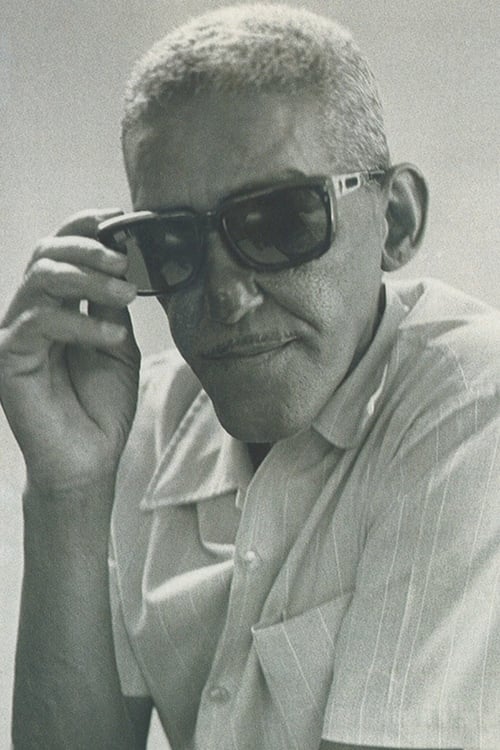
Riwayat Hidup
Angenor de Oliveira, better known as Cartola OMC (Rio de Janeiro, October 11, 1908 – Rio de Janeiro, November 30, 1980), was a Brazilian singer, composer, poet and guitarist.
He is considered by several musicians and music critics as the greatest samba player in the history of Brazilian music.
Having as its main hits the songs As Rosas não Falam, O Mundo É um Moinho and Alvorada.
Info Pribadi
Peran Yang Di Mainkan Cartola
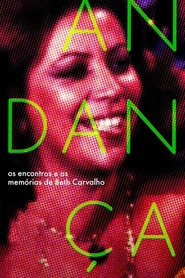 A documentary on the career of...
A documentary on the career of...Andança: Os Encontros e as Memórias de Beth Carvalho 2022
A documentary on the career of Beth Carvalho, the Brazilian singer who became a well known samba legend from the 1970s onwards, edited together from hundreds of hours of footage and audio files kept (and partially recorded) by Carvalho herself during her lifetime.
 Follows the story of Opinio a...
Follows the story of Opinio a...Memórias do Grupo Opinião 2019
Follows the story of Opinião, a theatre group created in 1964 during the early Brazilian dictatorship period to oppose the government through artistic performances. Considered the first left-wing response to the dictatorship, the group gathered now famous Brazilian artists such as Nara Leão, Maria Bethânia, João do Vale and Millôr Fernandes.
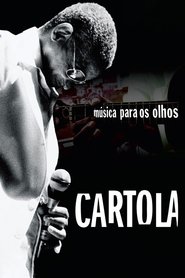 Documentary on the life and times...
Documentary on the life and times...Cartola: The Samba Legend 2007
Documentary on the life and times of one of the most prominent Brazilian samba composers, Cartola (Angenor de Oliveira).
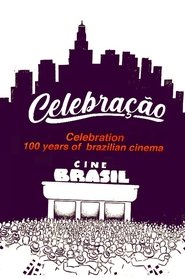 Portraits and excerpts from Brazilian films...
Portraits and excerpts from Brazilian films...Celebração - 100 Anos do Cinema Nacional 1997
"Portraits and excerpts from Brazilian films from all times. Actors, directors and images that affirm cinema."
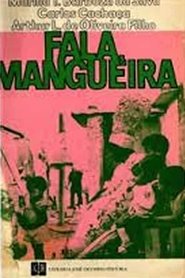 A documentary on the influence that...
A documentary on the influence that...Fala Mangueira! 1983
A documentary on the influence that carnival has on the daily life of the Mangueira hill in Rio de Janeiro. It follows the manufacture of the carnivals of 1981 and 1982, interviewing several residents who tell the story of more than half a century of the favela's existence and emphasizing its community importance and cultural, to the sound of the most beautiful sambas composed on Mangueira.
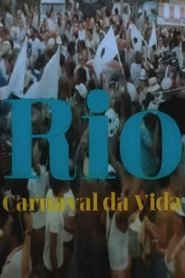 A documentary short on the 1978 Carnaval...
A documentary short on the 1978 Carnaval...Rio, Carnaval da Vida 1978
A documentary short on the 1978 Carnaval celebration in Rio de Janeiro, covering many aspects of the celebration's popular culture.
 Documentary addressing the composer Cartola and...
Documentary addressing the composer Cartola and...Chega de Demanda 1973
Documentary addressing the composer Cartola and the transformations that took place in Morro Carioca and in Samba during his life. Founder of the Escola de Samba Estação Primeira de Mangueira, Cartola has his life and his music marked by his community and his School, far from the city His school, created as a playful and expressive center for the mangueirense, has now become a point of tourist attraction. This made work possible for the inhabitants of the hill, but it transformed the spirit of samba and its aesthetics.
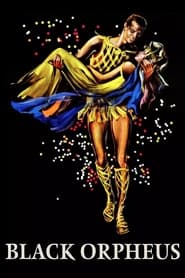 Young lovers Orfeu and Eurydice run...
Young lovers Orfeu and Eurydice run...Black Orpheus 1959
Young lovers Orfeu and Eurydice run through the favelas of Rio during Carnaval, on the lam from a hitman dressed like Death and Orfeu's vengeful fiancée Mira and passing between moments of fantasy and stark reality. This impressionistic retelling of the Greek legend of Orpheus and Eurydice introduced bossa nova to the world with its soundtrack by young Brazilian composers Luiz Bonfá and Antonio Carlos Jobim.
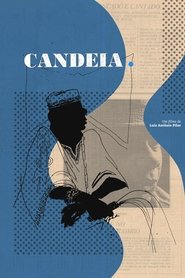 The life and work of the...
The life and work of the...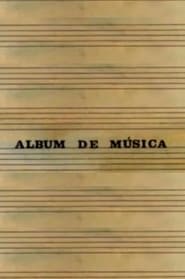 Portrait of various figures in Brazilian...
Portrait of various figures in Brazilian...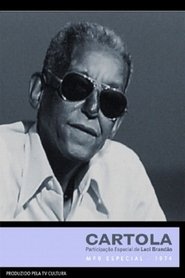
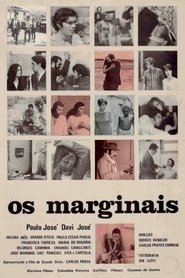
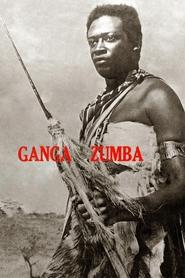 The life of a runaway slave...
The life of a runaway slave...